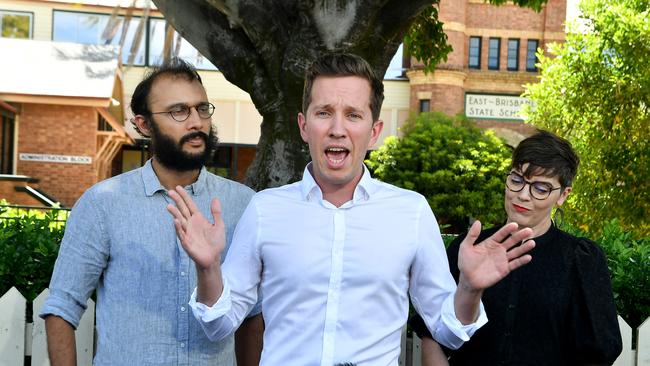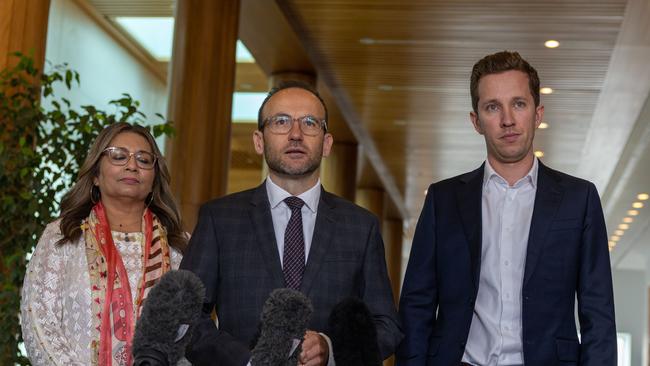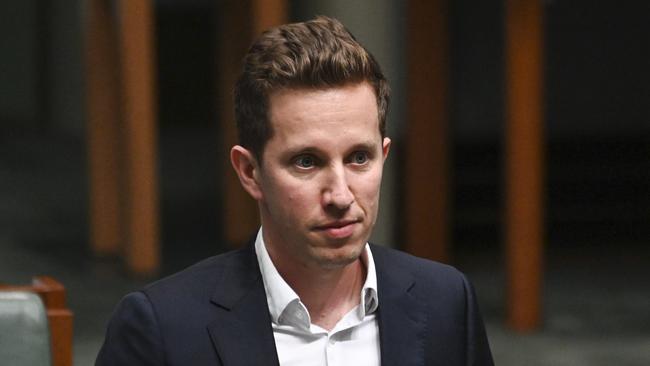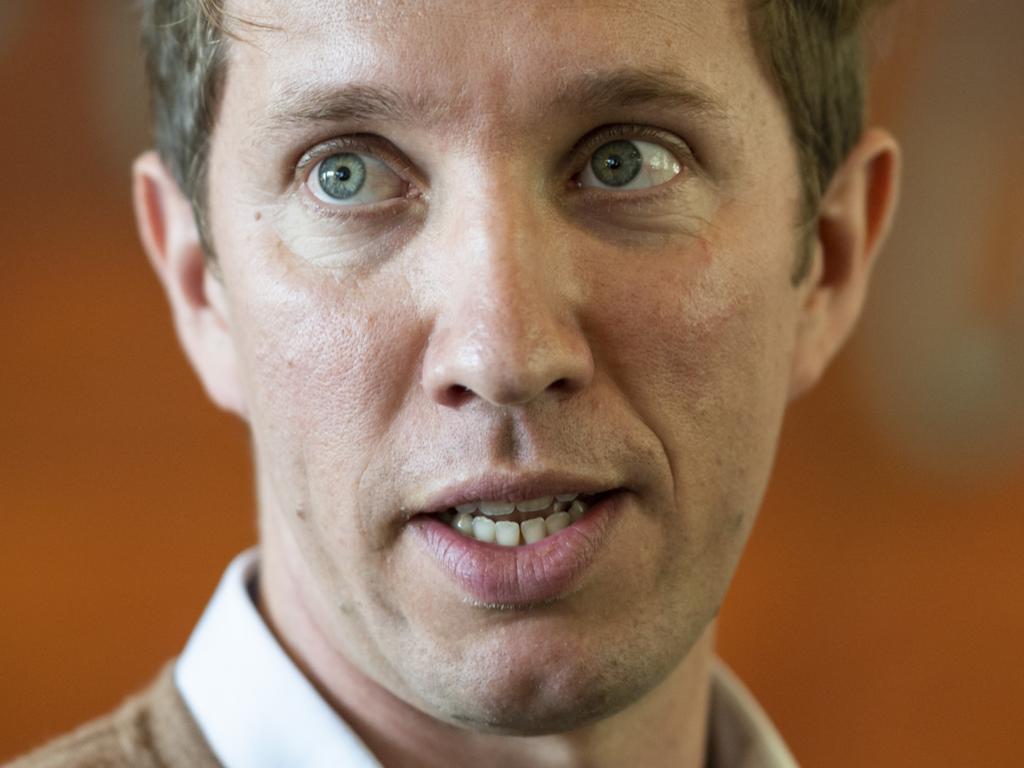Housing ‘policies’ expose Greens’ illiteracy, says economist Dimitri Burshtein

The economic policies of the Greens clearly highlight the difference between the parties that govern and the parties that sloganeer. And this week’s announcement that they intend to introduce legislation to freeze rent prices around the country for two years and give the government the power to stop the RBA from increasing interest rates again emphasises their focus on politics over policy.

To table legislation knowing neither the government nor opposition could support it highlights the party’s lack of seriousness and credibility.
Setting aside the constitutional question of whether the commonwealth would need to pay compensation to landlords under a national rent freeze, the Greens’ proposal will end by harming those it claims it wants to protect. It was only in December that ACT senator David Pocock said it was perverse that taxpayers would need to compensate coal and gas companies impacted by the price caps he supported.
And despite the suggestion of some, rental rates are not determined by a shady cabal of property monopolists, eating caviar and sipping champagne. Rents are the price of accommodation and are determined by supply and demand.
A serious public policy discussion about rental pressures should focus on what drives prices, and not the prices themselves.
On the demand side, rents are impacted by the number of people seeking accommodation. The number of people seeking accommodation is rising, to be sure, and this will be further exacerbated by the government’s plan to achieve net overseas migration of 650,000 over the next two years.
On the supply side, rents are impacted by the volume and growth of premises available. Rising prices are an invitation for more supply, but there are significant barriers to development, which limit and slow the construction of new premises. These include complex and onerous approval processes, imposed by local and state planning authorities, which often occur in electorates represented by Greens.
The current inflation environment, meanwhile, has led to the bankruptcy of several construction firms, which were caught in fixed-price contracts, leaving many others to jack up prices to account for inflation risk.

Rental rates also reflect the flow of costs, including mortgages and taxes, which are also rising. Property investors are mostly mum-and-dad investors saving for their future, many of whom are already losing money. According to Treasury’s most recent tax expenditures and insights statement, approximately 1.3 million investors claimed negative gearing deductions, “which added up to total rental losses of $10.2bn”.
Containing an investor’s ability to recover their rising costs by limiting their income would just push the rental problem to someone else – a foolish action that will likely result in a reduction of properties available for rent.
Greens housing spokesman Max Chandler-Mather said: “This is a national housing and rental crisis that requires national leadership.” Chandler-Mather is correct in his diagnosis but not in his treatment. If the Greens were serious about helping to reduce the pressure on renters, they would propose policies that put downward pressure on inflation and ease the path for new development. This would include reduced taxes, regulation and a full-frontal assault on middle-class welfare.
Dimitri Burshtein is a principal at Eminence Advisory and a former government policy analyst.







In his book, The Economic Consequences of the Peace, John Maynard Keynes attributed to Vladimir Lenin the observation: “The best way to destroy the capitalist system is to debauch the currency.” It was an incisive comment back then and it seems all the more relevant now, as the Greens embark on one of their more foolish economic pursuits in recent times.